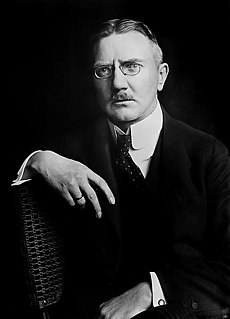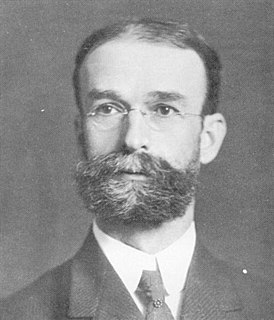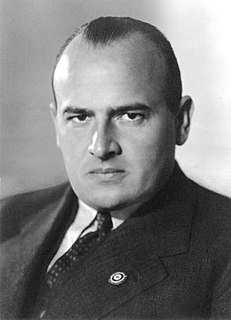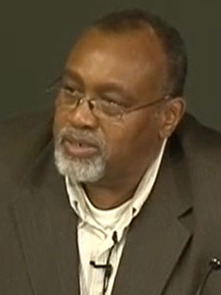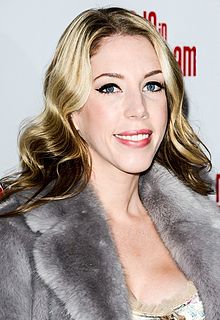A Quote by Wilhelm Reich
The fact that Hitler was a political genius unmasks the nature of politics in general as no other fact can.
Related Quotes
The significance of a fact is relative to [the general body of scientific] knowledge. To say that a fact is significant in science, is to say that it helps to establish or refute some general law; for science, though it starts from observation of the particular, is not concerned essentially with the particular, but with the general. A fact, in science, is not a mere fact, but an instance. In this the scientist differs from the artist, who, if he deigns to notice facts at all, is likely to notice them in all their particularity.
The fact that we don't' talk about it, that we don't have a politics in which this question of war and peace can even get onto the table, so that we can open up our Orwell, our 1984, or Animal Farm, or whatever, and read the political text that's being spotted to us on the television right off of the page; the fact that we don't have a politics robust enough to actually debate whether or not we want to be a country permanently at war. That's what keeps me from sleeping at night.
Missing from much of the public debate is discussion of the simple fact that lurking behind every terroristic act is a specific political antecedent. That does not justify either the perpetrator or his political cause. Nonetheless, the fact is that almost all terrorist activity originates from some political conflict and is sustained by it as well.
H. G. Wells was not the only one to mention Churchill and Hitler in the same breath: "Churchill and Hitler are striving to change the nature of their respective countrymen by forcing and hammering violent methods on them. Man may be suppressed in this manner but he cannot be changed. Ahimsa [non-violence in the Hindu tradition], on the other hand, can change human nature and sooner than men like Churchill and Hitler."
The basic problem is not political, it is apolitical and human. One of the most important things to do is to keep cutting deliberately through political lines and barriers and emphasizing the fact that these are largely fabrications and that there is another dimension, a genuine reality, totally opposed to the fictions of politics: the human dimension which politics pretend to arrogate entirely to themselves. This is the necessary first step along the long way toward the perhaps impossible task of purifying, humanizing and somehow illuminating politics themselves.
Any fact facing us, however difficult, even seemingly hopeless, is not so important as our attitude toward that fact. How you think about a fact may defeat you before you ever do anything about it. You may permit a fact to overwhelm you mentally before you deal with it actually. On the other hand, a confident and optimistic thought pattern can overcome or modify the fact altogether.
As far as Bernie Sanders is concerned, he is a decent, honest person, and I supported him. What he means by socialism is New Deal Liberalism. In fact, his actual policies would not have been a great surprise to General Eisenhower. The fact that this is called a "political revolution" is a sign of how far to the right the political spectrum has shifted, mainly in the last 30 years since the neoliberal programs began to be instituted. What he was calling for was a restoration of something like New Deal Liberalism, which is a very good thing.

